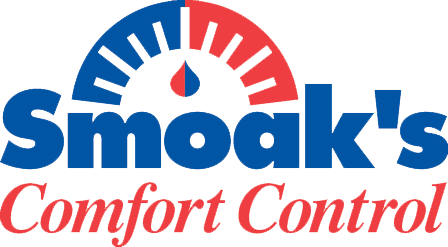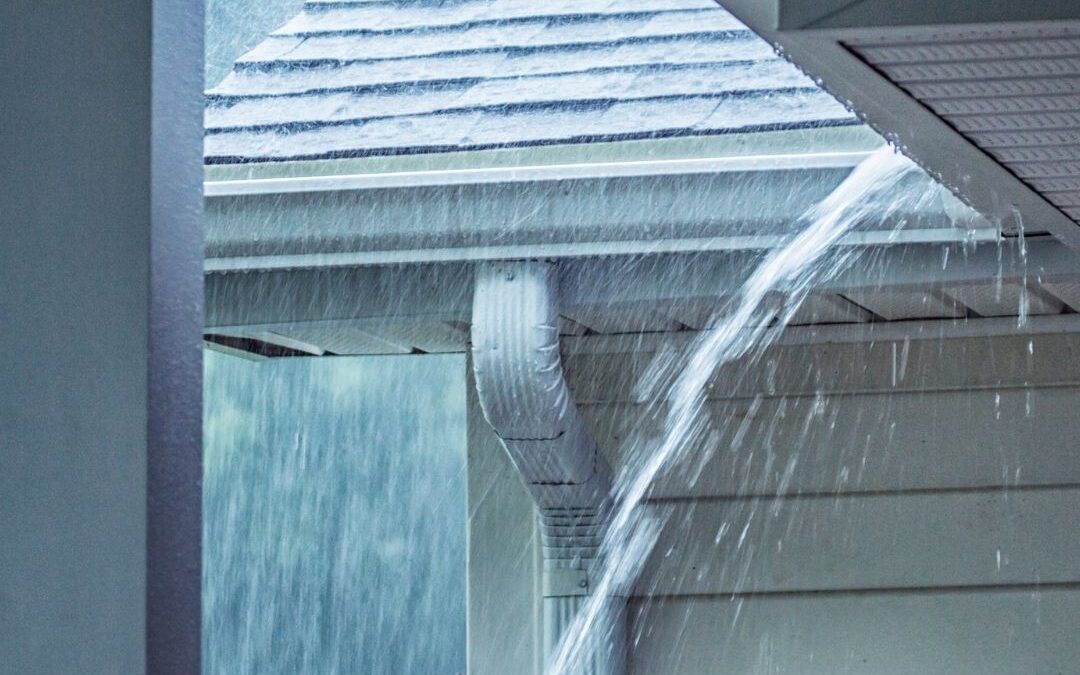When it rains in the Charleston area, your HVAC system might not be the first thing on your mind. But can rain damage your HVAC system? While air conditioners and outdoor units, also known as condensing units, are built to handle the weather, you should understand a few things to keep your system, including your air conditioner, safe and running efficiently during heavy downpours.
How Rain Can Affect Your Outdoor Unit
Your outdoor condenser unit is designed to withstand various weather conditions, but constant exposure to rain can cause issues over time. Water buildup can lead to rust on metal parts, and if moisture gets trapped inside, it could impact sensitive electrical components. High winds during storms can also push debris into your outdoor unit, affecting its performance. While rain alone might not damage the unit, constant exposure to moisture could lead to long-term issues that require costly repairs.
Preventative Measures for Protecting Your HVAC from Rain
Protecting your HVAC system from rain damage is essential to ensure it continues to function correctly. An HVAC tune-up and routine maintenance ensure your system functions efficiently during adverse weather conditions. Start by regularly clearing debris around your outdoor unit to prevent leaves, dirt, and other debris from getting trapped inside. A protective cover protects your unit from excessive water buildup and flying debris during storms. Additionally, scheduling routine maintenance with an HVAC technician can ensure your system is in top shape.
Running Your HVAC During a Rainstorm
Running your HVAC during a rainstorm is generally safe, but taking some precautions is essential to ensure your system operates efficiently and effectively. Here are some tips to consider:
- Ensure Proper Installation: Ensure your outdoor HVAC unit is installed on a level surface and has proper drainage to prevent water accumulation. This helps avoid water pooling around the unit, which can lead to rust and other issues.
- Clear the Area: Keep the area around your outdoor unit clear of debris, leaves, and branches to ensure proper airflow. Blockages can reduce the efficiency of your system and cause it to work harder than necessary.
- Heat Pump Considerations: If you have a heat pump, ensure it’s designed to operate in rainy conditions. Some heat pumps may require unique settings or adjustments during heavy rainfall. Check your user manual or consult with an HVAC technician for specific guidance.
- Monitor Performance: Monitor your HVAC system’s performance during the rainstorm. If you notice unusual noises, vibrations, or reduced airflow, turn off the system and contact an HVAC technician. Addressing issues sooner than later can prevent more significant problems down the line. By following these tips, you can help ensure your HVAC system provides reliable heating and cooling even during a rainstorm.
Can Flooding Damage My HVAC System?
While a typical rainstorm won’t typically harm your HVAC system, flooding is a different story. Floodwater can completely submerge your outdoor unit, causing severe damage to electrical components and potentially ruining the system. If your HVAC system is affected by flooding, it’s crucial to contact a professional for AC repair to assess and repair the damage before turning it back on. Attempting to operate a flooded unit can lead to dangerous electrical problems and costly repairs.
What to Do if Your HVAC Unit Gets Flooded
If your HVAC unit gets flooded, it’s crucial to take immediate action to prevent further damage and ensure your safety. Here’s a step-by-step guide:
- Turn Off the Power: First and foremost, turn off the power to your HVAC system at the circuit breaker or fuse box. This step is vital to prevent electrical shock and further damage to the system.
- Avoid DIY Inspections: Do not attempt to restart the system or inspect the damage yourself. Floodwater can cause significant damage to electrical components, and handling them without proper knowledge can be dangerous.
- Contact a Professional: Contact an HVAC technician to inspect and assess the damage. They will determine the extent of the damage and recommend the necessary repairs. Professional assessment is crucial to ensure the system is safe to operate again.
- Consider Water Damage Restoration: If the flooding is severe, consider contacting a water damage restoration service to help clean up and dry. These professionals have the tools and expertise to handle extensive water damage and can help prevent mold growth and other issues.
These steps can help mitigate the damage to your HVAC system and ensure it is safely restored to working order.
Tips for Optimizing Your HVAC Performance in Rainy Weather
Rainy weather can impact your HVAC system’s performance, but there are ways to optimize its efficiency and effectiveness. Here are some tips:
- HVAC Preventative Maintenance: Schedule a pre-rainy-season tune-up with an HVAC technician to ensure your system is in good working condition. Preventative maintenance can catch minor issues before they become significant problems, keeping your system running smoothly.
- Clean Air Filters: Keep your air filters clean and replace them as needed to prevent reduced airflow and increased energy bills. Clean filters help maintain proper airflow and improve the overall efficiency of your HVAC system.
- Use a Dehumidifier: Consider installing a dehumidifier to remove excess moisture from the air. High humidity levels can strain your HVAC system and promote mold growth. A dehumidifier can help improve your system’s performance and create a more comfortable indoor environment.
- Adjust Heat Pump Settings: If you have a heat pump, consider adjusting the thermostat settings to optimize its performance during rainy weather. Consult your user manual or an HVAC technician for specific recommendations on the best settings for your heat pump.
These tips help ensure your HVAC system operates efficiently and effectively, even in rainy weather.
Why HVAC Routine Maintenance is Key
HVAC maintenance keeps your system running efficiently in Charleston’s hot, humid, and rainy climate. Routine checkups ensure that any minor issues caused by rain, such as rust or debris, are addressed before they escalate into more significant problems. A professional technician can use comprehensive HVAC services to inspect your outdoor unit, clean the components, and make the necessary repairs, adjustments, and calibrations to prevent rain-related damage. This regular care will not only extend the life of your system but also help avoid unexpected breakdowns when you need it most.
In conclusion, running your HVAC during a rainstorm is generally safe, but taking precautions is essential to ensure your system operates efficiently and effectively. If your HVAC unit gets flooded, immediately prevent further damage and ensure your and your family’s safety. Following the tips outlined in this article, you can optimize your HVAC performance in rainy weather and enjoy a comfortable and safe indoor environment.
Remember to schedule routine maintenance with an HVAC technician to ensure your system is in top condition, and consider investing in a dehumidifier to remove excess moisture from the air. These steps will help you meet your heating and cooling needs while protecting your HVAC system from rain damage. If you need further assistance, contact the professionals at Smoak’s Comfort Control for more information or to schedule an appointment today.

